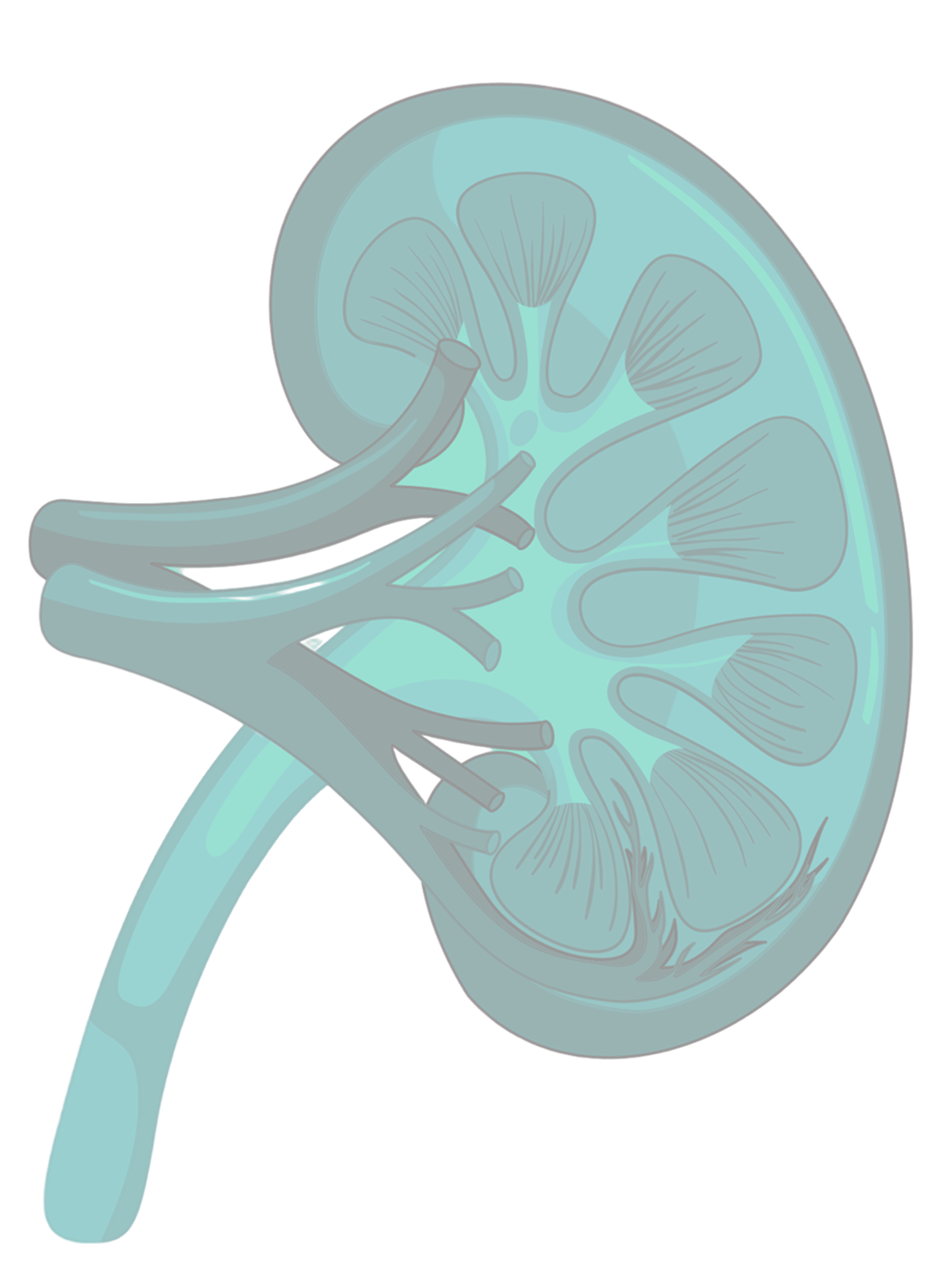Transforming the Future of Health by Turning Early Insights into Lasting Impact
It starts with a breath…Trace Sensing is pioneering a new era of healthcare through earlier, faster and patient-centric diagnostics.
Latest News

Meet TRACE-E
Eliminates the discomfort, inconvenience, and imprecision of current methods.
Current State of Healthcare Diagnostics
IMPRECISE standards lead to LATE-STAGE diagnostics.
SUPERIOR sensitivity enables EARLY-STAGE diagnosis.
DELAYED diagnostics drive INEFFECTIVE treatment.
RAPID results promote BETTER health outcomes.
INVASIVE tests are painful and INCONVENIENT.
NON-INVASIVE tests prioritize patient COMFORT.











